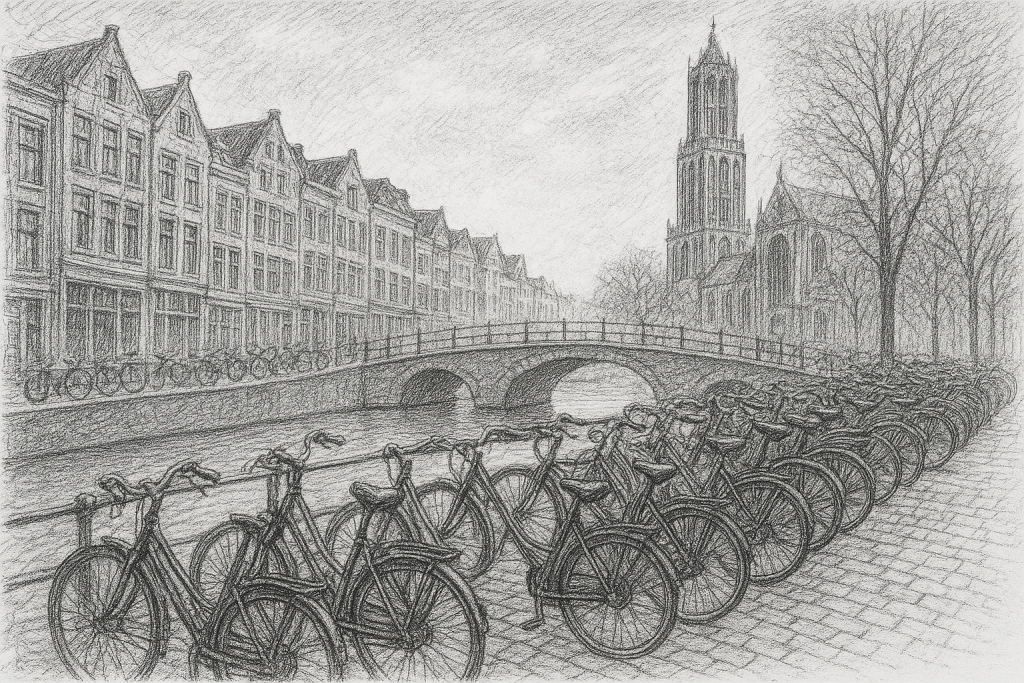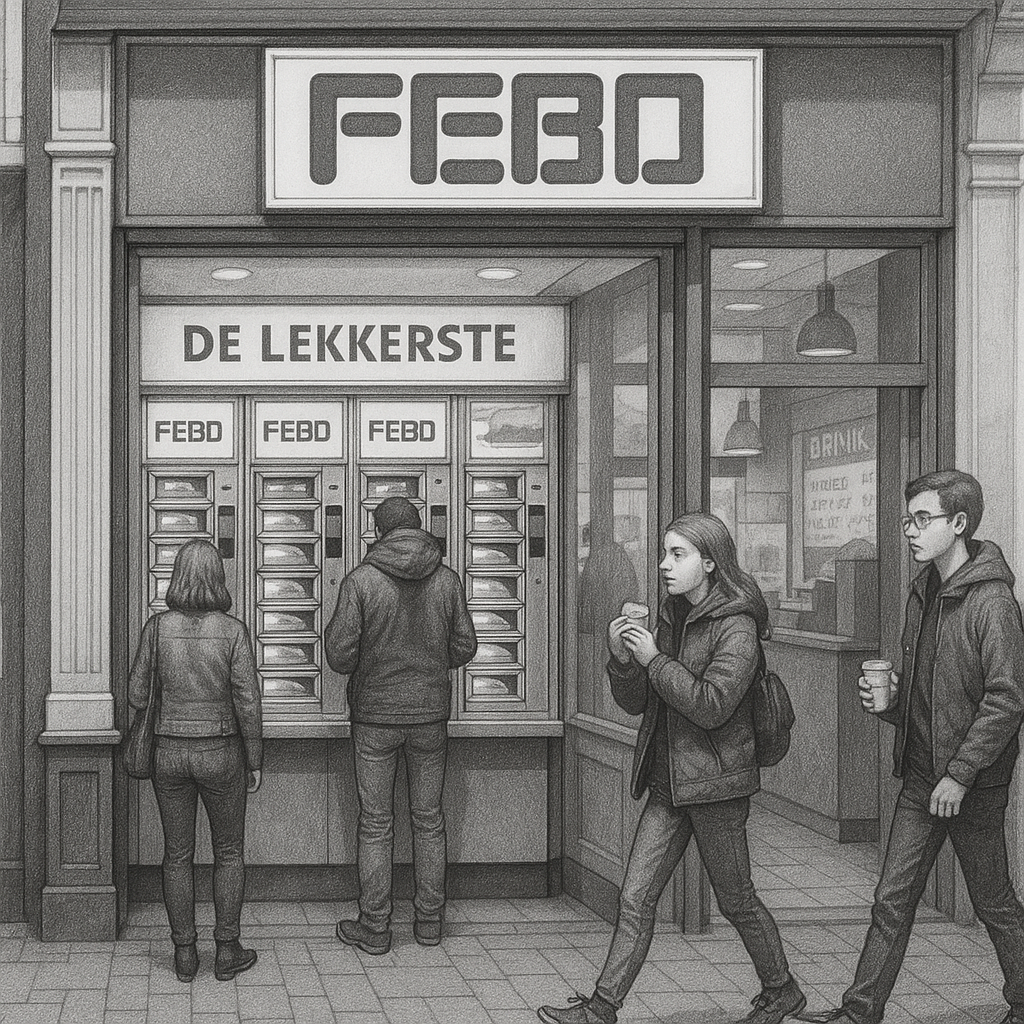I lived in the Netherlands for a few years in the 1990s. I can still make myself misunderstood in Dutch if the need arises. Which is something of an achievement. The thing is, if you were to try to learn Dutch, you might quickly reach the conclusion that the Dutch really don’t like people understanding them.
Anglophones don’t mind people learning English. In fact, they like it, because, overall, it makes their lives easier. But they don’t really enthuse about it either. Unless they are being paid to do so, few anglophones will take the time to correct learners, no matter how they butcher the language. English is, in any case, tolerant to staggering levels of abuse.
We French, we want you to learn our language. But we want you to get it right. To the extent, in fact, that our enthusiasm can be a little off putting. You explain that you would like us to do something for you and we can’t help saying that, in fact, you should be using the subjunctive form of the verb in that phrase and not the indicative, by which time you’ve moved on to another service provider (or even to another country) and we’re left wondering if it was something we said.
But the Dutch seem at best ambivalent, at worst hostile to the idea that a foreigner might want to learn the language of van Alphen and Paaltjens. Try to say something in Dutch and they will look back at you with a mixture of horror and amazement before responding in English. And if that doesn’t work, they’ll try German, Spanish and sometimes (though quite rarely, because they too are generally worried about being picked up on their failure to properly accord adjectives with subjects) French.
The Dutch are formidable linguists.
I usually pretended that I was Czech. Even the Dutch didn’t speak Czech, so they had no choice but to let me practice. Bit by bit I picked up the language. But I was left with the impression that the residents of the Netherlands were intent in keeping their language to themselves so that they could talk about us without us having the faintest idea what was going on.
I passed a few faintly lonely years in a town in the South of the country, doing my job, slowly building friendships and doing more than a little travelling. And I had a few visitors. Some excited to sample the cultural delights of the Low Countries, of which there are a gratifying number. Some others running away from something. Which brings me to Dmitri.
Dmitri came to stay with me for several weeks when he discovered that his then girlfriend had omitted to mention that she was married. To a soldier. Quite a big one. Once the husband came home on leave, the lady confessed all to him, begged understanding, and blamed my friend.
This, to be fair, was pretty typical of Dmitri’s life up until the night of his 31st birthday when Sanity, in the shape of his future wife, entered his life. Naturally, at the time, he felt that putting a few hundred kilometres between him and France for a little while would be a bright idea. So, he came to me.
Dmitri is a good house guest. He understands that the bathroom is not cleaned by the fairies, and he cooks very well. I took the opportunity of his stay to profit from these qualities and to take some of the mountain of holiday I had owing to me to show him the Netherlands. We had a good time.
Then he went back to France, I continued my work for a while and then, I too, went home.
The years passed. One day, not long-ago, Dmitri said to me: “We should go back to Amsterdam.” And I said, “We should.” He said, “You organise many of our trips. Leave this to me.” And I said, “OK.”
We drove North in Dmitri’s stupidly expensive, grotesquely overpowered, but much-loved mat-black Audi because he was heading to Germany after the weekend for a series of business meetings. He was in a curiously accommodating frame of mind.
“Dima! Can I drive this ludicrous car of yours for a bit?”
“Sure – knock yourself out!”
No one drives Dmitri’s car except Dmitri.
“Dima! Can I eat this rather pungent brie sandwich? I’m sure to make the car smell and I’ll get crumbs on the hand-tooled calfskin leather seats…”
“No worries – it’ll vacuum up.”
No one eats in Dmitri’s car, not even Dmitri.
Dmitri becomes accommodating when he thinks he might be in trouble. What horrible thing had he done?
I found out when we arrived.

Because we arrived at a Park and Ride. In Utrecht. Not in Amsterdam.
“OK, Dima…. so we’re getting a bus to Amsterdam?”
“We’re going to our hotel. In Utrecht.”
He was surreptitiously spraying air freshener in his car as he announced this. Then he looked around with a worried expression.
“I hope the car will be OK here… I mean, the neighbourhood looks alright and I checked out the local statistics on car crime. Still, you never know.”
He stroked the car lovingly; just in case it was the last time he ever saw it.
“Dima, I’m going to go along with this until such time as I need to get angry, you understand ?”
“Fine. I am certain that it is you who will understand. Grasshopper”, he said.
We got on the bus and headed into the centre of Utrecht.
“Gaston, do you remember when we first stayed in Amsterdam? We paid, what, 100 Guilders per night? For what was basically a room crafted, if that is the word, by dividing a fairly wide corridor lengthways into two with a bit of chipboard. We had to share a toilet and bathroom with a group of drunken German football fans, and the whole place smelt of cabbage. Do you remember this?”
I nodded, somewhat grudgingly. “It was convenient for the many attractions.”
“Perhaps. Now, convert the old Guilder to euros and inflate at 3% for about 30 years. What do you get ?”
“I have an idea that you’re going to tell me.”
“About 110€ per night. Which, in Amsterdam, buys you something small verging on cramped, functional but seldom beautiful, probably not quiet, and always with the possibility of vegetable odours.”
“But our budget is considerably more generous than that.”
“True. Now, I am no skinflint as you know.” Here he gestured vaguely in the direction of where he hoped his car was still parked. “However, I do want value for my money, and I think, No! I believe firmly, that hotels are far better value for money in Utrecht than in Amsterdam.”
I had to admit that the hotel he had chosen was good. It was called ‘Mother Goose’ and it was in Utrecht’s compact and attractive centre, along with tranquil canals, inviting restaurants and bars serving good beer. My room was large, tastefully decorated, with a very comfortable bed, and in the region of 200€ per night. Outstanding value for money, in fact.
“We are still in Utrecht,” I remarked, “Amsterdam is elsewhere.”
“Amsterdam is 25 minutes away from here by fast, frequent and inexpensive trains.”
And thus, it proved to be.
The next day we visited things in Amsterdam we had not seen before: a gallery of street art (Straat) and a (possibly unique) museum about dying (Tot zover), which were excellent. We rode trams just for the hell of it. We ate terrible fast food from the dispensers at a FEBO, which made us feel like we were 25 again, but also made us feel slightly unwell. We had a thoroughly good day out.

In the evening, we returned to Utrecht and enjoyed the relatively uncrowded streets and the less frenetic ambiance. We dined well and slept soundly.
The next day we spontaneously abandoned our plans to head back to Amsterdam and decided to see what Utrecht had to offer. Quite a lot as it turned out. We visited a castle, a cathedral and a musical instrument museum. We climbed a tower and poked around in the streets in the vicinity of Oudegracht.
It was quite delightful. As a base to visit Amsterdam, as a refuge from the crowds, and as a destination in its own right, Utrecht has a great deal to recommend it.
Oh, and Dmitri’s car was not stolen, much to his relief.
If you are planning your first trip to Europe then make sure your read How to plan a trip to Europe: the 3 essential first steps
If you need help with planning your trip then check out our services
If you have any questions about travel itineraries in Europe then drop us a line. We are happy to help.
If you want more tips and ideas for visiting Europe then FOLLOW ME ON INSTAGRAM
